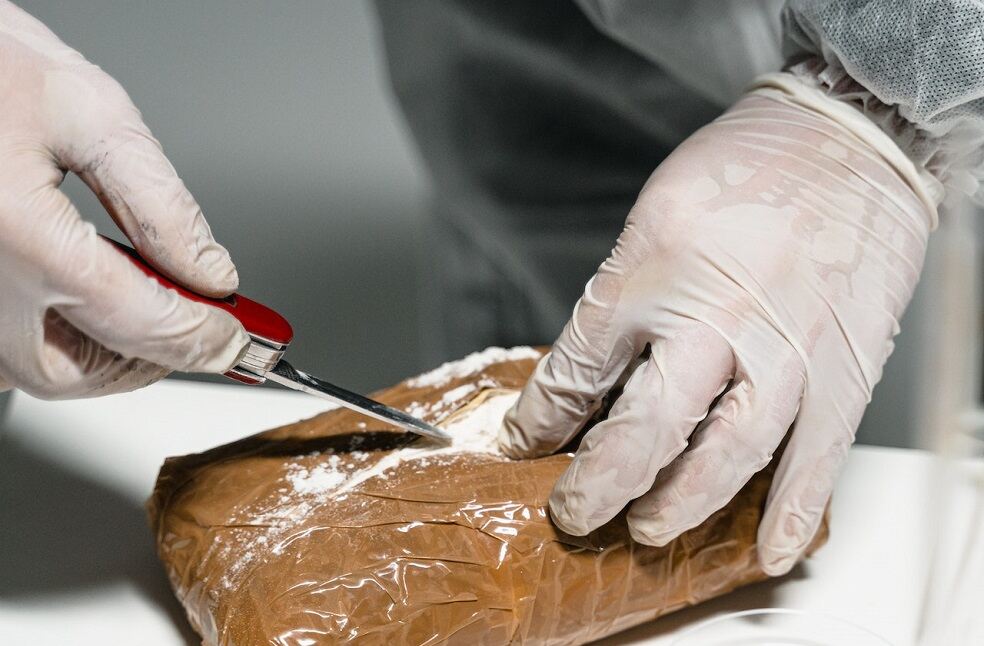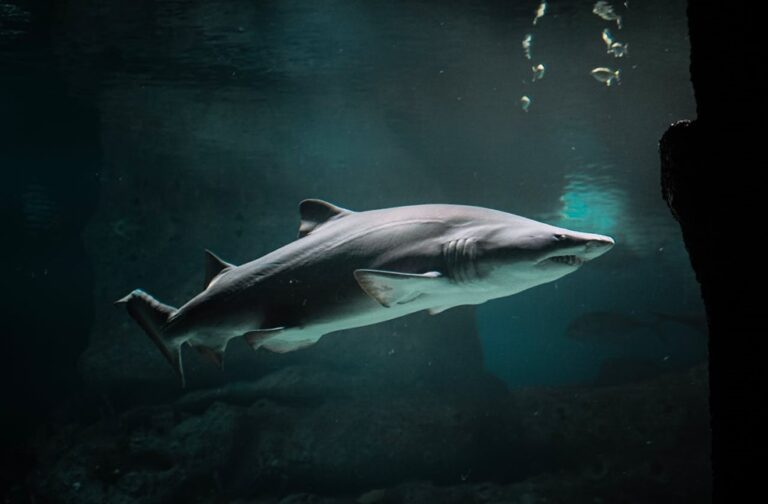Brazil: Sharks off the coast of Brazil have tested positive for cocaine, according to a recent report from scientists. Since searchers discovered tons of cocaine in Florida, South America, and Central America, they have been assuming that drugs thrown overboard by traffickers could have affected marine life.
These procedures have led to the discovery of cocaine residues in surface waters and sewage systems in at least 37 nations between 2011 and 2017. Additionally, the medication has been found in mollusks, crabs, and bony fish, among other aquatic species. Having said that, no research has ever examined the possibility that sharks are impacted.
There is now proof that medicines contaminating the water are having an impact on sharks, according to a study from the Brazilian Oswaldo Cruz Foundation.

Thirteen wild Brazilian sharp-nose sharks were bought from small fishing boats, and the scientists dissected them since the species lives exclusively in coastal waters and is, therefore, most likely to be impacted by pollution.
Then, using a common method known as liquid chromatography with tandem mass spectrometry, which separates molecules in a liquid, tests were performed on muscle and liver tissue to detect the presence of cocaine and the primary metabolite of the drug, benzoylecgonine.
The researchers discovered that all 13 sharks tested positive for the medication, with concentrations up to 100 times greater than those previously documented for other aquatic animals.
Cocaine was discovered to be more common in muscle tissue than in the livers of the sharks, making this the first investigation to detect the drug in free-range sharks.
The study did note that the field of research was “very limited” and that the effects of benzoylecgonine or cocaine on aquatic life are not entirely understood. The study was published in Science of the Total Environment.



